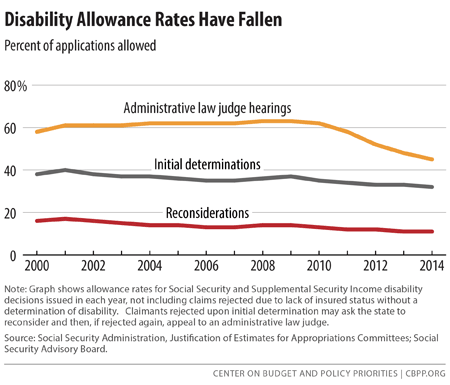A notable ERISA Long Term Disability case decided just a few weeks ago is that of Godmar v. Hewlett-Packard Co., 2015 U.S. App. LEXIS 21467, 2015 FED App. 0801N (6th Cir.) This decision is notable because it provides some interesting commentaries regarding credibility determinations in long term disability cases and it also comments on the role of doctors hired by plan administrators to conduct paper reviews.
In Godmar, the plan administrator claimed that the plaintiff was not credible because his claims were subjective and could not be corroborated with objective tests. As we all know, this is standard language used by many disability insurance companies in their denial letters. Fortunately, the Sixth District Court of Appeals found that making “credibility findings concerning [the claimant’s] pain
without the benefit of a physical exam” would “support the finding that [the
administrator’s] determination was arbitrary.” In other words, the Court of Appeals found that the plan administrator determination could not make a credibility determination regarding the plaintiff's condition without conducting an actual physical exam. The Court noted that although there is nothing inherently wrong with a paper review of a claim file, it is "particularly troubling" when the plan administrator makes "critical credibility determinations".
The case is also notable because it "picked apart" the opinions of consulting physicians who offered conclusive statements without any specific discussions of the basis for their opinions. This is a common practice by doctor's hired by insurance companies and plan administrators. The 6th Circuit stated:
Sedgwick's decision-making process is difficult to parse. Its final denial letter offered little analysis of Godmar's medical records. Most of the letter is a rote recitation of the records Sedgwick received and the steps taken by its consulting physicians. The letter then provides a brief summary of the medical documentation—including "chronic nerve pain," "ongoing pain management," and "opioid dependence with substantial limitations"—and offers a conclusory assertion that this evidence is insufficient to support disability benefits.

